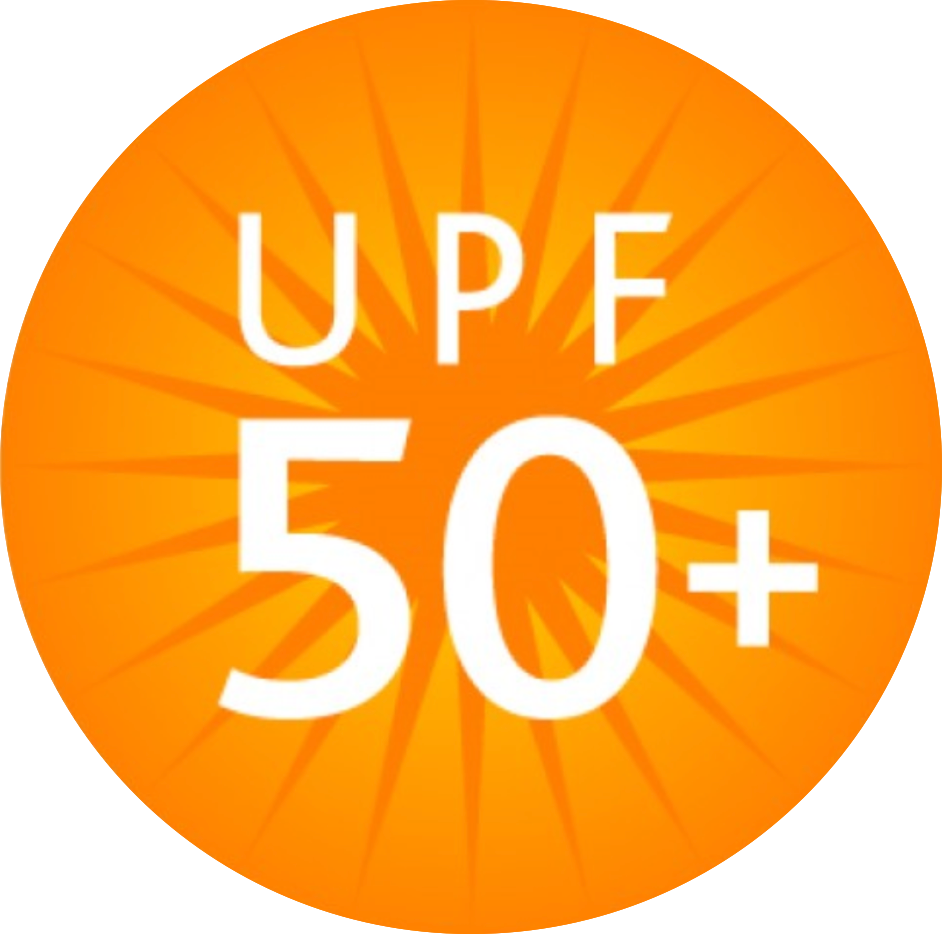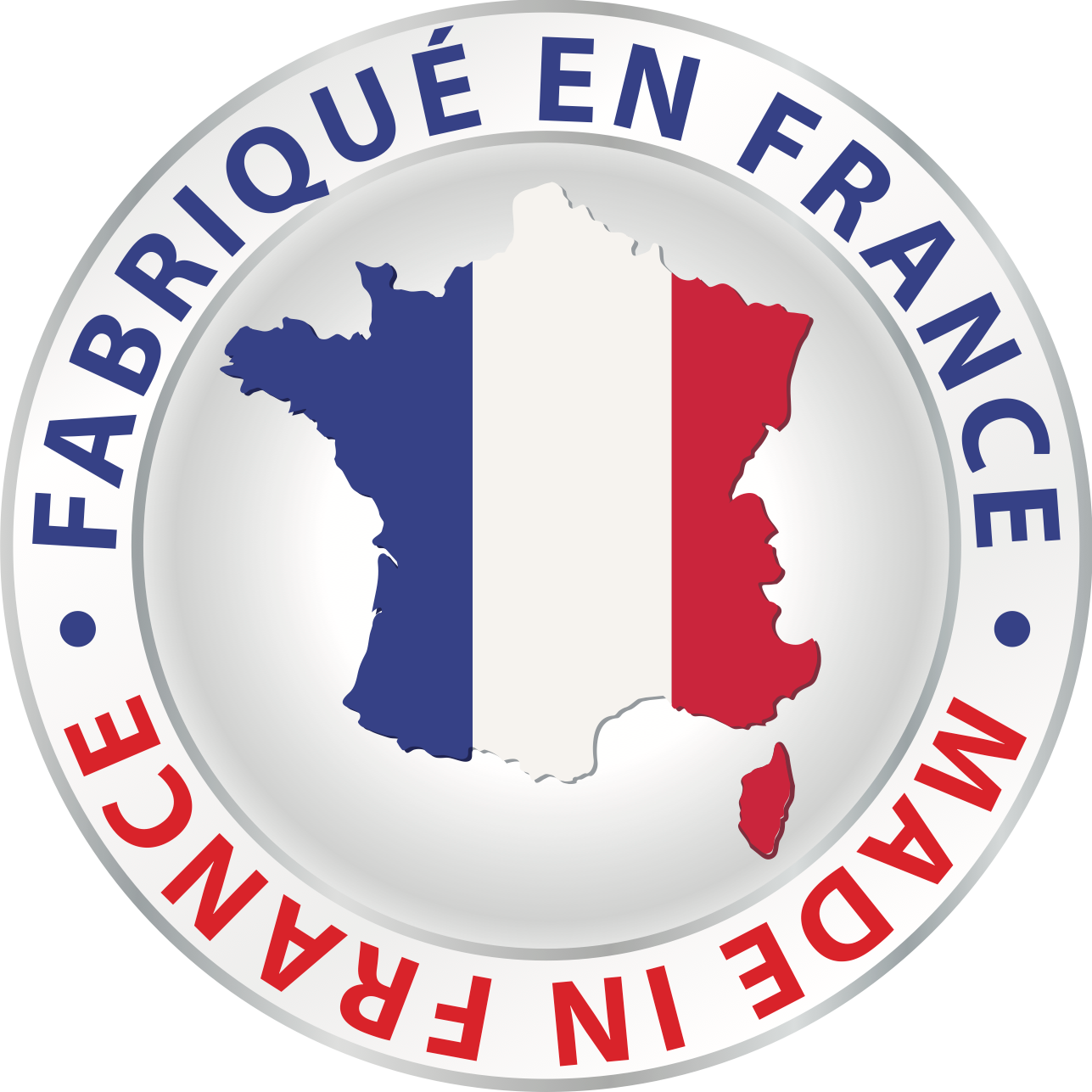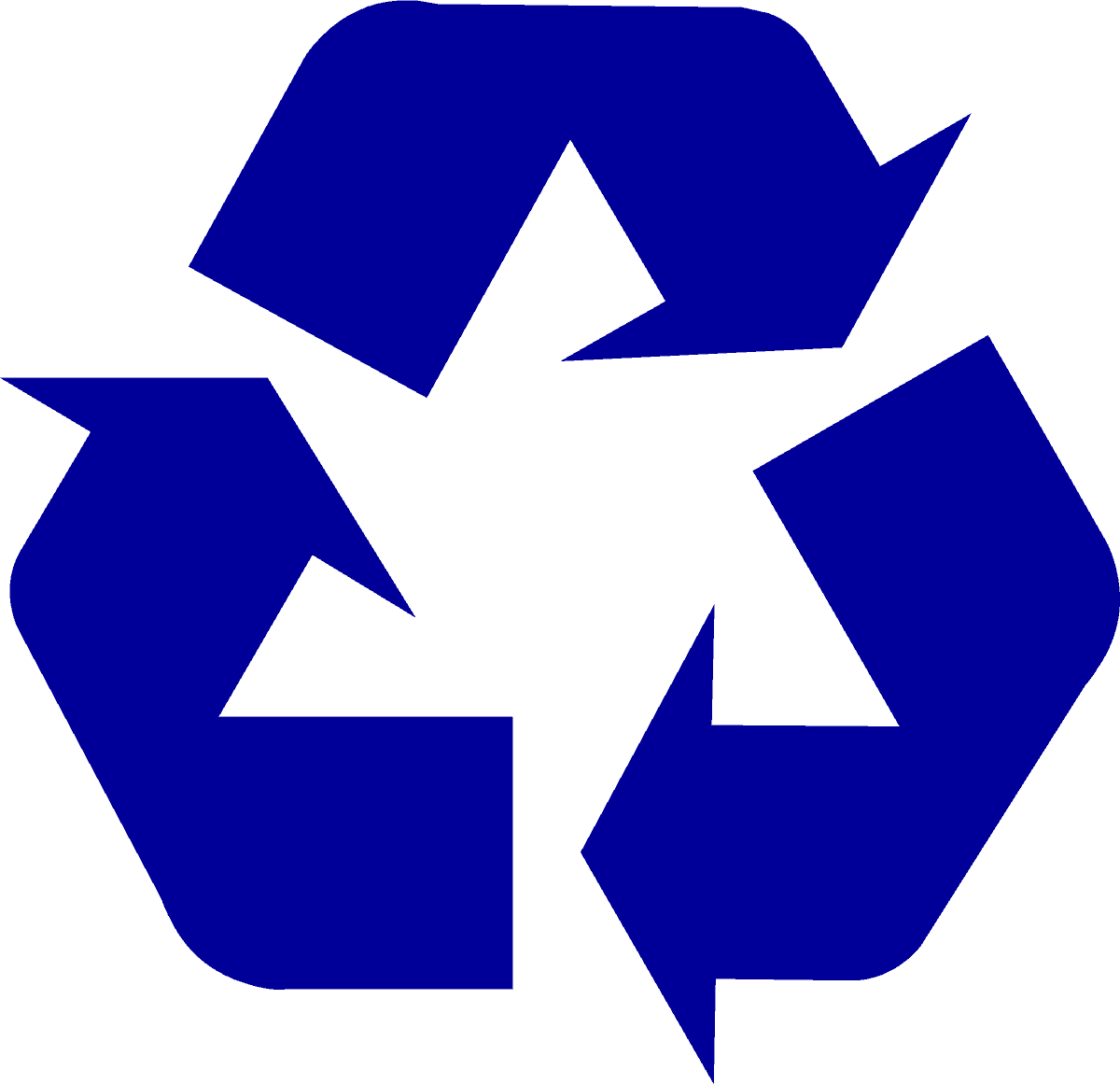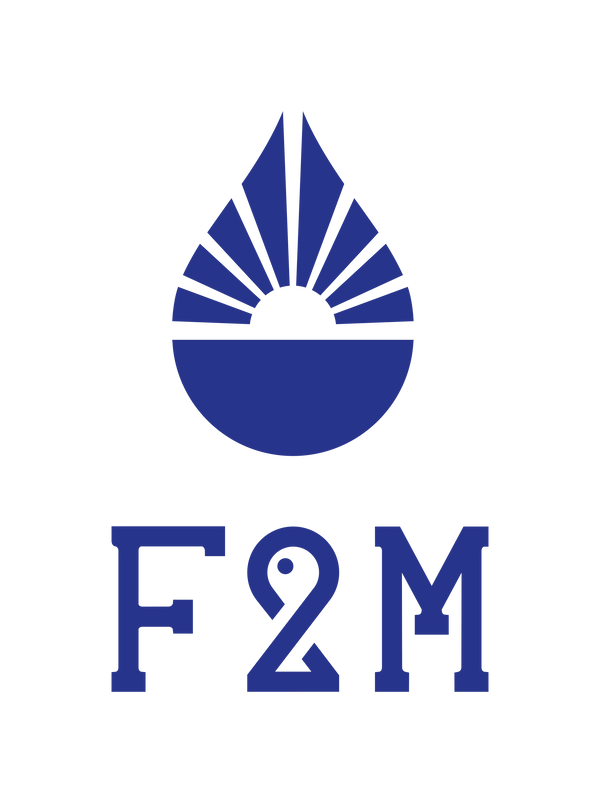
F2M, committed to marine life
Coralie, the creator of F2M, worked for 7 years as a diving instructor in Asia. Her passion for the marine life from her first dives has remained intact. She wanted to do her part by committing to protect it through the brand.
F2M 's primary objective was to offer a sustainable alternative to sunscreens that are harmful to the seabed.
After unsuccessful attempts, perseverance and a good dose of encouragement, F2M now offers much more: high -end UV rashguards for children and adults
- UPF50+ certified, maximum sun protection, chemical free
- designed AND really made in France
- with ECONYL®, yarn 100% regenerated from waste such as fishing nets and other nylon waste
With the F2M rashguards, you protect yourself from the sun without leaving tracks in the water and protect our blue planet Earth!
Different rashguards : sustainable, chemical free filter, high-end and made in France
-

Maximum UV protection: UPF50+ certified.
Obtained mechanically thanks to the very tight mesh of the microfibers, no chemical filter is used.
It is therefore immediate, permanent and leaves no chemical in the water.
You protect yourself from the sun by protecting marine life!
-

All F2M rashguards are designed AND manufactured in France.
Each model is exclusive, the series are limited, sustainable and all from French know-how.
You're looking for a quality hand made rashguard...you're on the right page!
The Frenchies say Merci! -

The fabric used is made of ECONYL® = 100% regenerated nylon.
It is durable and made from nylon waste that would pollute the Earth, such as fishing nets , fabric scraps, carpets and industrial plastics collected from around the world.
The circular economy is favored and the carbon footprint minimized.



